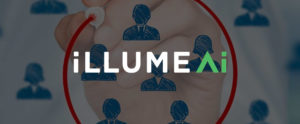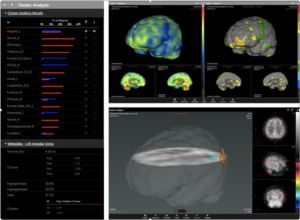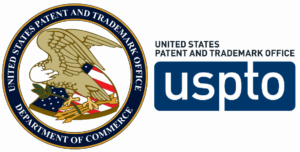Albert Einstein wrote, “Everybody is a genius. But if you judge a fish by its ability to climb a tree, it will live its whole life believing that it is stupid.” No one would dare question Einstein’s genius, which undoubtedly included his ability to apply originality and innovative thought to established principles. I am certain if he were alive today that he would dissect the pieces and parts of his 300+ scientific papers for greater learning and insight. Today’s data technology would blow his brilliant mind! Surely, he would have been impressed with the capabilities of powerful algorithms and super-computing processors. There is no doubt that he would have been the first to leverage these advances to formulate new concepts. Harnessing the power of multiple data sources would have been a set of new toys for his mind to conjure in unimaginable ways. Why then are we so inclined to limit the value of our scientific research solely on its outcomes, with a lesser regard for the wealth of new information accumulated in the process?
It should come as no surprise that I see scientific advances through a business executive’s lens. A recent study by MIT measuring the risks and rewards of drug development shows that the success rates of clinical trials are higher than previously thought1. The study found nearly 14% of all drugs in clinical trials eventually win FDA approval, an increase from prior estimates of 9-11%. While I applaud the upward trendline (and I do), I cannot help but ponder the opportunity costs of the 86% that did not make the cut. Surely within the mass of data accumulated here there are patterns and indications that could lead us to medical breakthroughs and accelerate research gains and funding in critical areas of population health, like Alzheimer’s Disease and cancer. Are we allowing the data to tell the story regardless of whether it supports our assumptions? We have access to the tools today to do exactly that!
In his book, Deep Medicine: How Artificial Intelligence Can Make Healthcare Human Again, Eric Topol, a pioneer of individualized medicine and the founder of the Scripps Research Translational Institute coins the term “shallow medicine”, one where “patients exist in a world of insufficient data, insufficient context, and insufficient presence.”2 In many circles Dr. Topol is considered a futurist, and his vision for the future of medicine is one of optimism as he advocates for heavy doses of humanism AND use of advanced technology to counteract the decades long erosion of the doctor/patient relationship.
In his deep medicine model Dr. Topol posits that, through the integration of deep phenotyping (gathering an individual’s data), deep learning (pattern matching and analyzing their data), and deep empathy (providing physicians with the insight and support to better manage their care) we have the potential for the most extensive transformation in the history of medicine. I would argue for application of his model to medical research as well. To the extent that we are willing to broaden the scope of genotype and phenotype data we collect, invest in the technology that will allow us to objectively analyze it, and encourage outside perspectives to reduce preconceived assumptions and bias we will accelerate the pace, improve the quality (and success rates) of our research, and lower the costs of bringing new therapies to market. By embracing advanced technology, AI in particular, we can restore humanity as a driving force behind medical research without sacrificing profitability. Technology is not a threat to physicians and medical researchers. On the contrary, it should (and will) reveal a whole new generation of Einsteins. I can’t wait!
John Kelley is the Chairman and CEO of CereHealth Corp., a brain imaging and data analytics company with a proprietary, scalable AI platform. The Company is focused on becoming the world leader in the development of quantitative biomarkers for central nervous system (CNS) disorders to reduce misdiagnosis rates, increase treatment efficacies and help bring new therapies to the market faster.
Resources:
2. https://www.scripps.edu/news-and-events/press-room/2019/20190312-topol-deep-medicine.html




